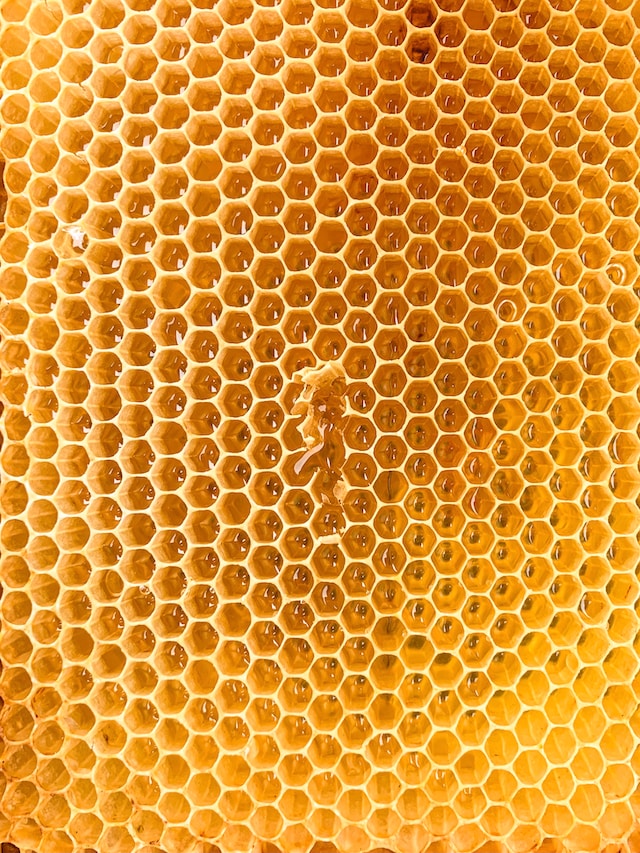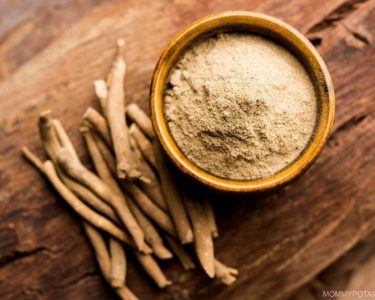Honey, often referred to as “liquid gold,” has captivated human civilization for centuries with its exquisite taste and numerous health benefits. Beyond being a natural sweetener, honey is a remarkable substance with astonishing properties that can enhance our well-being. From its potent antimicrobial and antioxidant effects to its soothing properties and potential as a natural cough suppressant, honey is truly a gift from nature. In this article, we will delve into the fascinating world of honey and explore its astonishing health properties.
- Antimicrobial Powerhouse:
Honey is renowned for its potent antimicrobial properties, making it a valuable tool in combating infections. Its low water content and high sugar concentration create an environment that is inhospitable to bacteria and other microorganisms. Additionally, honey produces hydrogen peroxide, a natural disinfectant that helps kill harmful bacteria.
Research has shown that honey can effectively inhibit the growth of various bacteria, including antibiotic-resistant strains like MRSA (methicillin-resistant Staphylococcus aureus). It has also demonstrated antifungal activity against common fungal infections.
- Antioxidant-Rich Elixir:
Honey contains a wide array of antioxidants, which are essential for neutralizing harmful free radicals in the body. Free radicals are unstable molecules that can cause oxidative stress, leading to cellular damage, inflammation, and chronic diseases.
The antioxidants in honey, such as phenolic compounds and flavonoids, help protect our cells from oxidative damage and reduce the risk of conditions like heart disease, certain cancers, and neurodegenerative disorders.
- Soothing and Healing Properties:
Honey has long been used as a natural remedy for various ailments due to its soothing and healing properties. When applied topically, honey forms a protective barrier over wounds, promoting faster healing and reducing the risk of infection. It also helps maintain a moist environment, which is optimal for tissue regeneration.
The viscosity of honey creates a soothing effect on sore throats, and its anti-inflammatory properties can help alleviate inflammation and irritation. A teaspoon of honey in warm water or herbal tea can provide relief from coughs and ease discomfort associated with respiratory infections.
- Cough Suppressant:
Honey has gained recognition as a potential natural cough suppressant, particularly for children. Numerous studies have found that honey can be as effective, if not more effective, than over-the-counter cough medications in reducing cough frequency and improving sleep quality.
The exact mechanisms behind honey’s cough-suppressing properties are not yet fully understood. However, its thick consistency forms a protective coating in the throat, soothing irritation and reducing coughing. Additionally, honey’s antimicrobial properties may help fight off underlying infections that contribute to coughing.
- Digestive Aid and Gut Health:
Honey has been used for centuries to support digestion and promote a healthy gut. It contains enzymes that aid in breaking down carbohydrates and improving nutrient absorption. Honey also acts as a prebiotic, nourishing beneficial gut bacteria and promoting a balanced gut microbiome.
Consuming a tablespoon of raw honey or incorporating it into warm beverages can help soothe digestive discomfort, relieve constipation, and support overall gut health.
Conclusion:
Honey, the golden elixir bestowed upon us by nature, offers a multitude of astonishing health properties. Its antimicrobial, antioxidant, and soothing effects make it a powerful ally in maintaining our well-being. Whether used as a natural cough suppressant, wound healer, digestive aid, or simply as a delicious and nutritious sweetener, honey has proven its worth throughout history.
However, it is important to note that infants under the age of one should not consume honey due to the risk of botulism. Additionally, individuals with diabetes should exercise caution and monitor their honey consumption due to its high sugar content.




